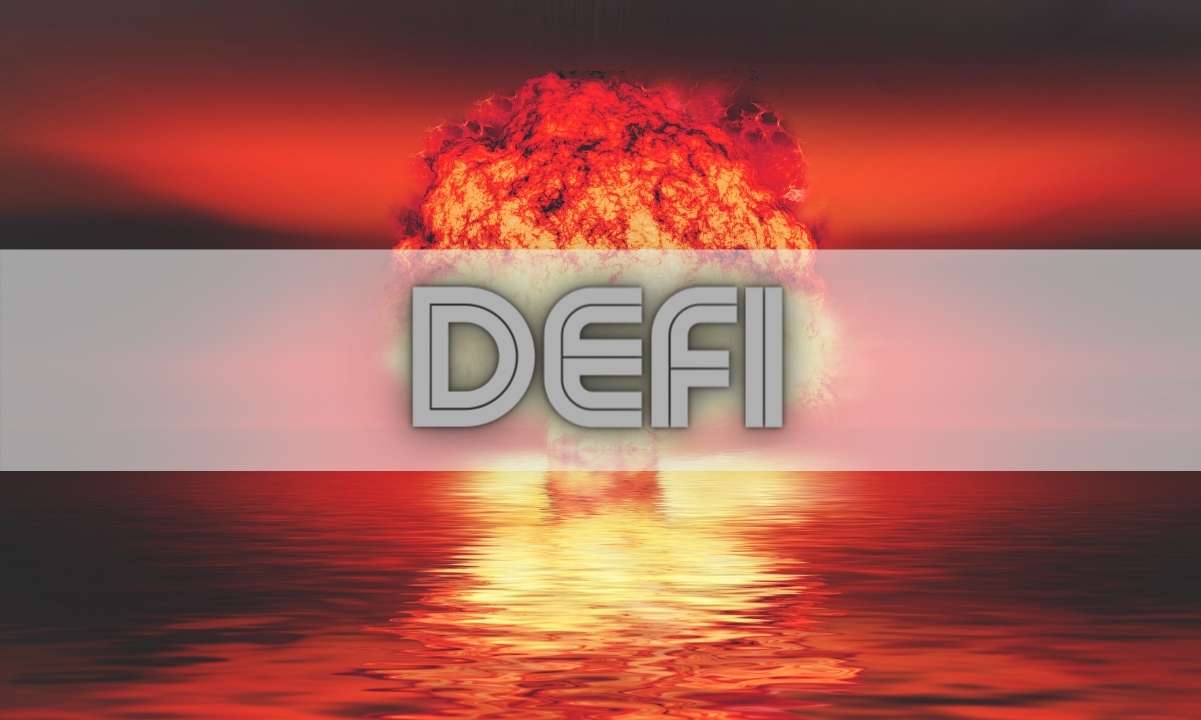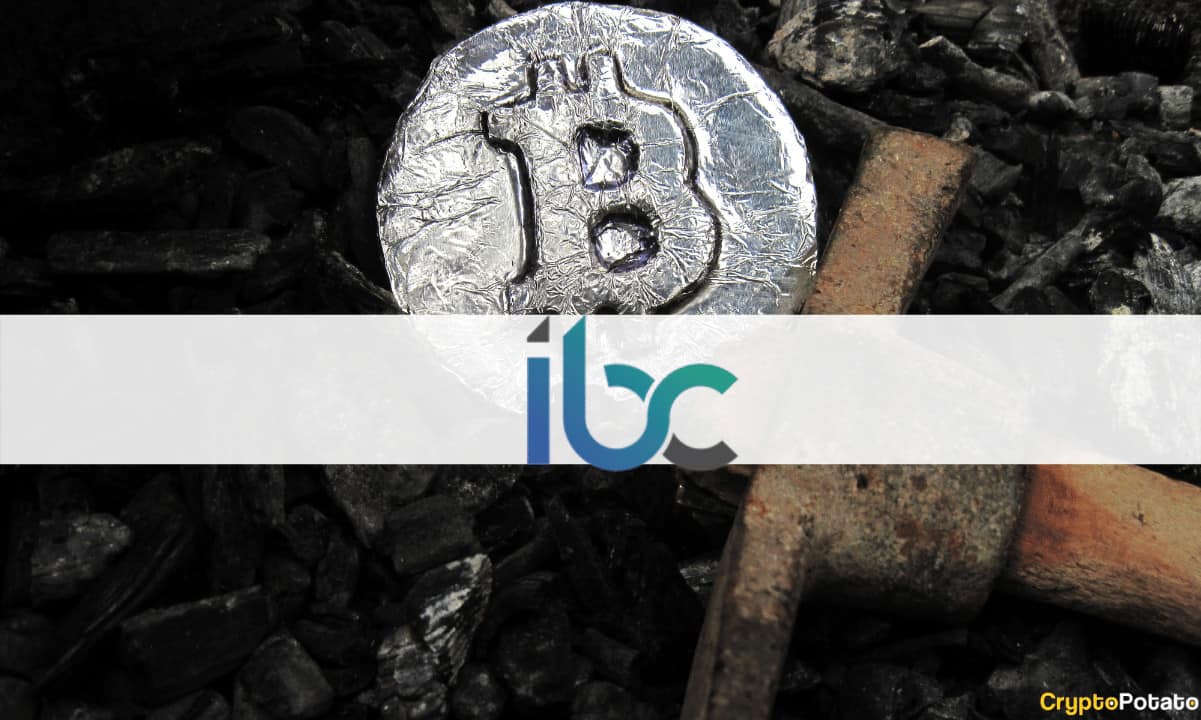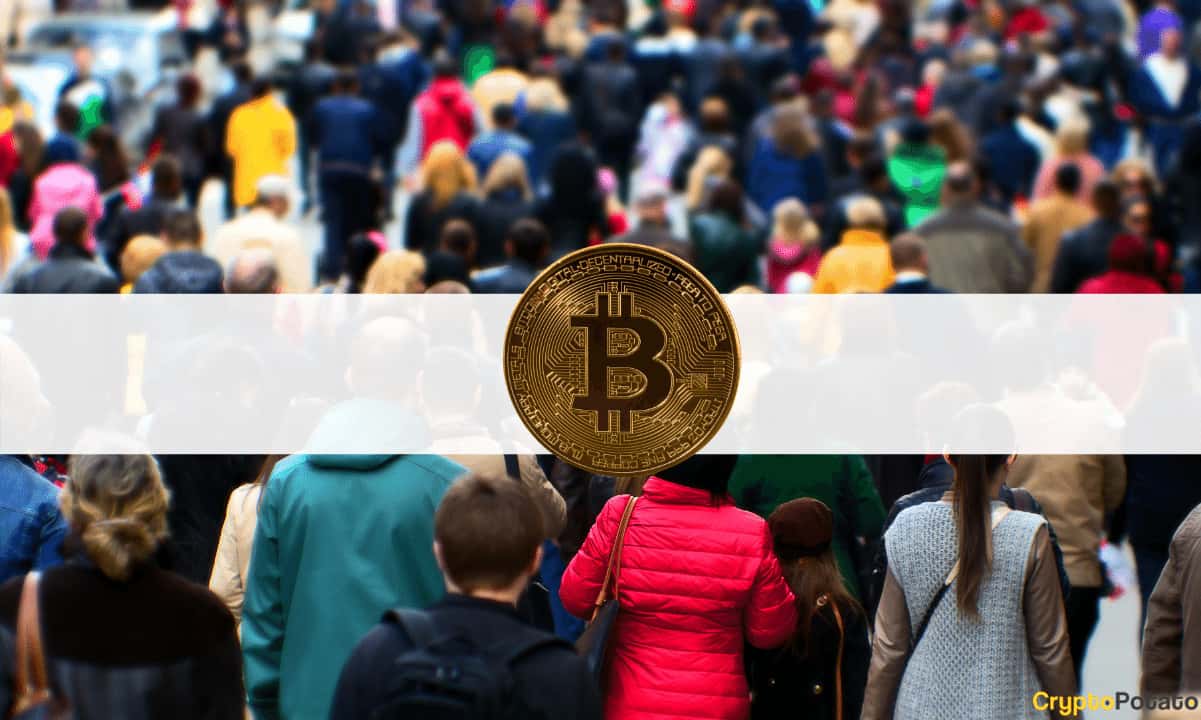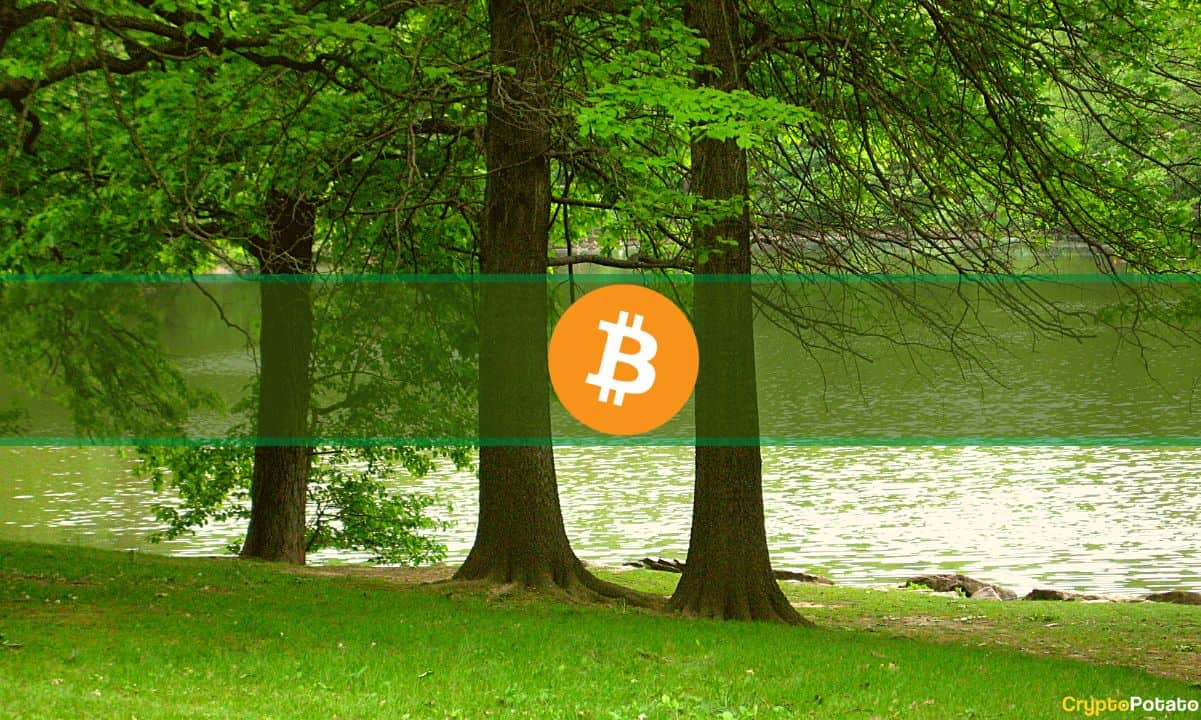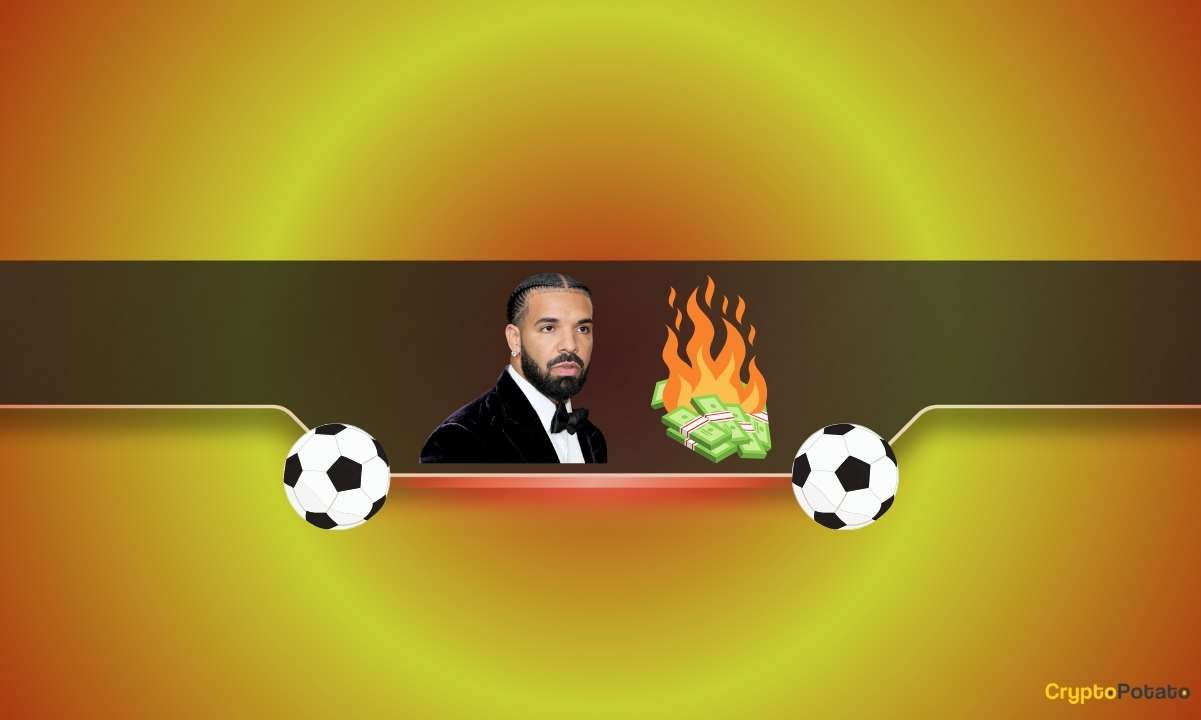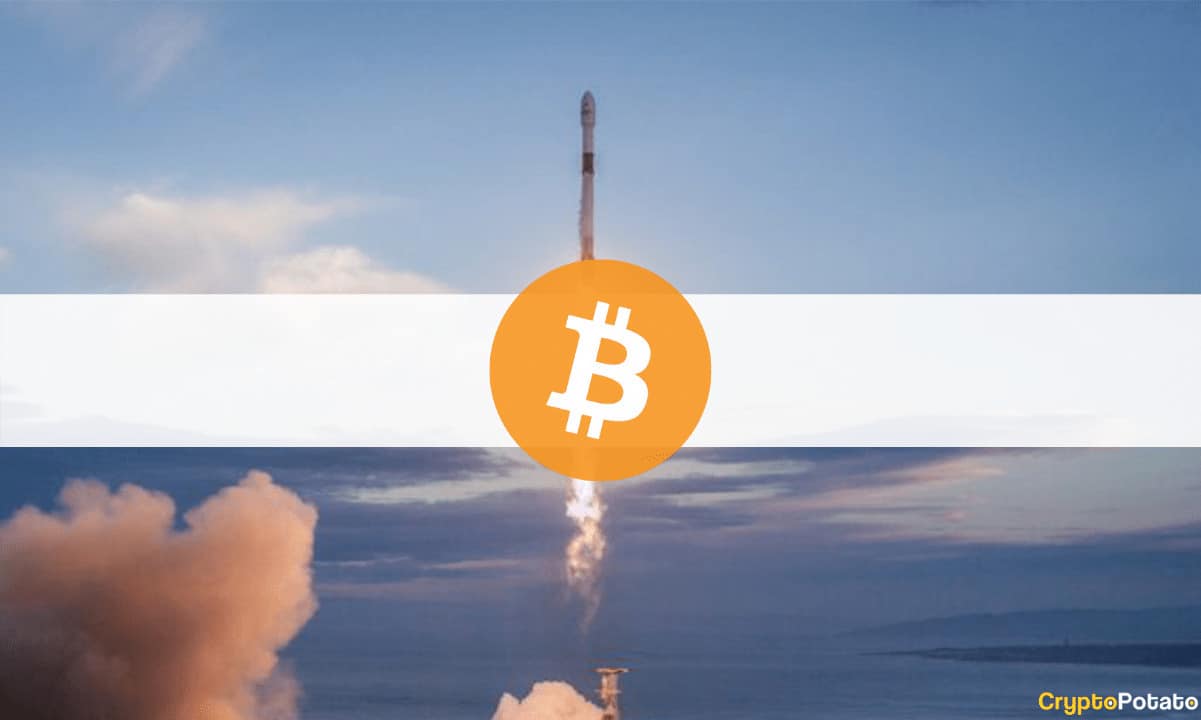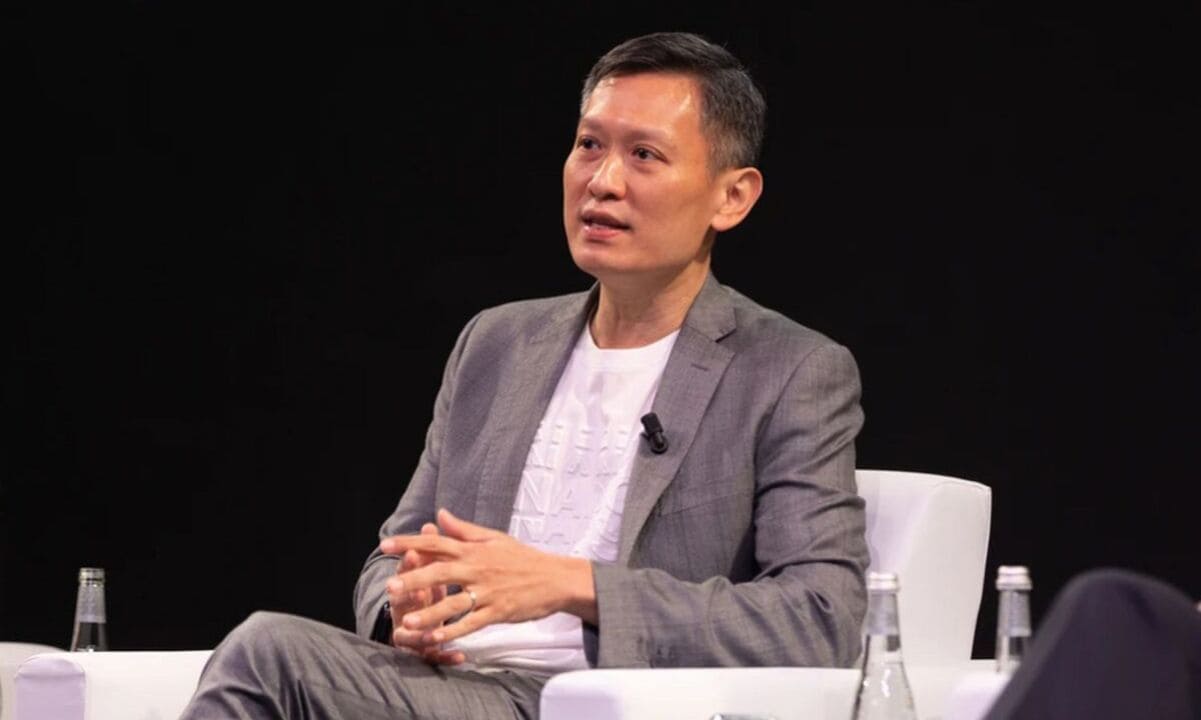Decentraland (MANA) Up 10% as JP Morgan Enters The Metaverse
Decentraland, a virtual world powered by blockchain tech, allows users to buy land and create assets from scratch. It also enables them to create rooms, buildings, even whole cities.
JP Morgan tried doing just that. In the game’s Metajuku district, a virtual version of Tokyo’s Harajuku shopping district, the bank opened its Onyx lounge.
The largest #USA bank @jpmorgan has opened an office in the #Metaverse ecosystem #Decentraland pic.twitter.com/uH9LMglDpr
— Metaversel (@Metaversel1) February 16, 2022
The lounge fits nicely into the virtual world inhabited by crypto enthusiasts. It features floating NFTs, and a tiger roams the first floor.
It also features a portrait of the bank’s CEO, Jamie Dimon.
The @jpmorgan lounge in the @decentraland metaverse is, well, umm, I give it points for the tiger, but the floating portrait of Jamie Dimon, the bank’s CEO is a bit, cultish? pic.twitter.com/NKnkOfFU7s
— Matt Hussey (matth.near) (@Matt__Hussey) February 16, 2022
On the second floor, Decentraland residents can listen to experts talking about crypto investments.
JP Morgan’s Metaverse Bet
Despite incorporating some meme elements in its lounge, the largest bank in the U.S. is taking the Metaverse very seriously.
The opening of the Onyx lounge came at the same time as the bank issued a report on its potential, with bullish predictions.
“The metaverse will likely infiltrate every sector in some way in the coming years, with the market opportunity estimated at over $1 trillion in yearly revenues.”
The bank pointed out that consumers worldwide are already spending $54 billion on virtual goods every year. This is likely to continue growing in the future.
Decentraland Vs. SAND
Decentraland is one of the games that aim to capitalize on the metaverse trend as it uses blockchain despite not being VR-enabled yet.
Blockchain technology could be essential for metaverse development, especially in Decentraland’s case, where it includes NFTs representing land and assets and the native MANA token.
Utility coins like MANA allow users to buy land, virtual goods, and services in-game. As such, its price depends on the game’s popularity. That’s why Decentraland’s token jumped by around 10% on the news that JP Morgan joined the game.
However, Decentraland is not the only metaverse game out there. The project faces most competition from the crypto game the Sandbox.
Still, crypto markets interpreted the JP Morgan news more as a vote of confidence to Decentraland rather than the Metaverse space in general. In fact, the SAND token, the native token of Sandbox, was only up 0.5% after the announcement.

